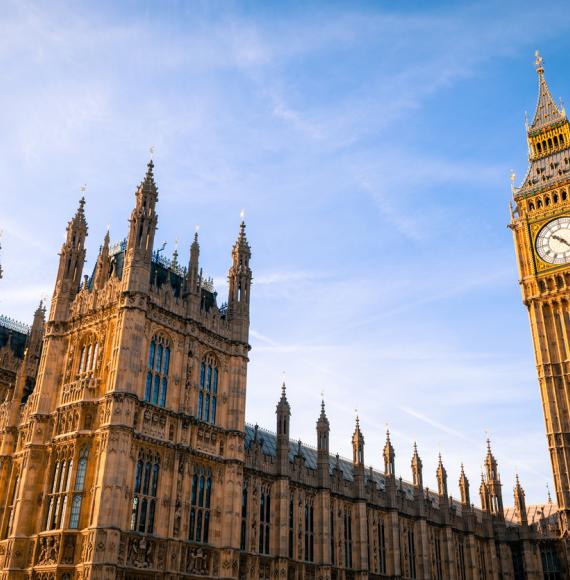The Department of Health and Social Care (DHSC) has pledged to tackle the gender pay gap among doctors by making the NHS a more equal place to work, following an independent report which found structural barriers were the main reason for pay disparities.
The first review of its kind, the final report found the gender pay gap between men and women in medicine was highest for hospital doctors, with female doctors on average earning nearly 19% less an hour when adjusted for contracted hours.
Gender disparities in pay in medicine uncovered by the report were significantly higher than in other professions; in accountancy, the gap sits at an average of just 2%, while teachers typically find a pay disparity of around 8% between men and women.
An Implementation Panel is now to be set up by the Government to help address the structural barriers the report outlined, driving forward with its recommendations and incorporating members including gender pay experts and representatives from across the health service.
A number of recommendations were detailed in the report to make senior roles more accessible to women and help close the gap, benefitting the workforce as a whole. These include:
- reducing pay points within pay scales, so it takes less time for people to reach the top, and encourage greater pay transparency in general practice
- promoting flexible working, with jobs advertised as flexible unless there is a strong justification not to, helping to improve work–life balance and make the NHS the best place to work
- restructuring part-time training to focus on competency rather than time served, reducing disproportionate long-term career penalties for women who are more likely to go part time
Minister for Care Helen Whately said: “Now more than ever, our NHS needs talented doctors providing top-quality care for patients and I thank Professor Dame Jane Dacre for her vital work. Making workplaces better for women is something I am passionate about. All too often women continue to face barriers that make it harder to succeed at work.
“We will all lose out if talented women feel unable to continue working in healthcare – promising carers ended early and vital expertise and experience lost at a time when we need it more than ever.
“I’m redoubling my efforts to work with the profession to remove the barriers stopping people from achieving their full potential. I want the NHS to be a truly diverse and inclusive employer.”
Professor Dame Jane Dacre, Chair of The Independent Review into Gender Pay Gaps in Medicine in England, added: “The causes of the gender pay gap in medicine are complex and wide ranging and will require a system-wide effort to tackle.
“This pioneering review has uncovered the underlying causes and made recommendations for government, employers and the profession to address the pay gap.
“I’m glad that the Health Secretary has committed to addressing this important issue, which will help keep more talented women working in the NHS.
“The report sets out in full for the first time the causes of the pay gap, citing inflexible career and pay structures in medicine as creating barriers, especially for women with caring commitments, which leads to pay penalties for lower levels of experience and less favourable career paths.”
Pay disparities between men and women in medicine were narrowing over time, the report explained, but progress had been slow and women continued to face disadvantages unless action was taken.
It also highlighted the need for further research into the ethnicity pay gap in the NHS, looking at both the medical workforce and those on the Agenda for Change contract.



















